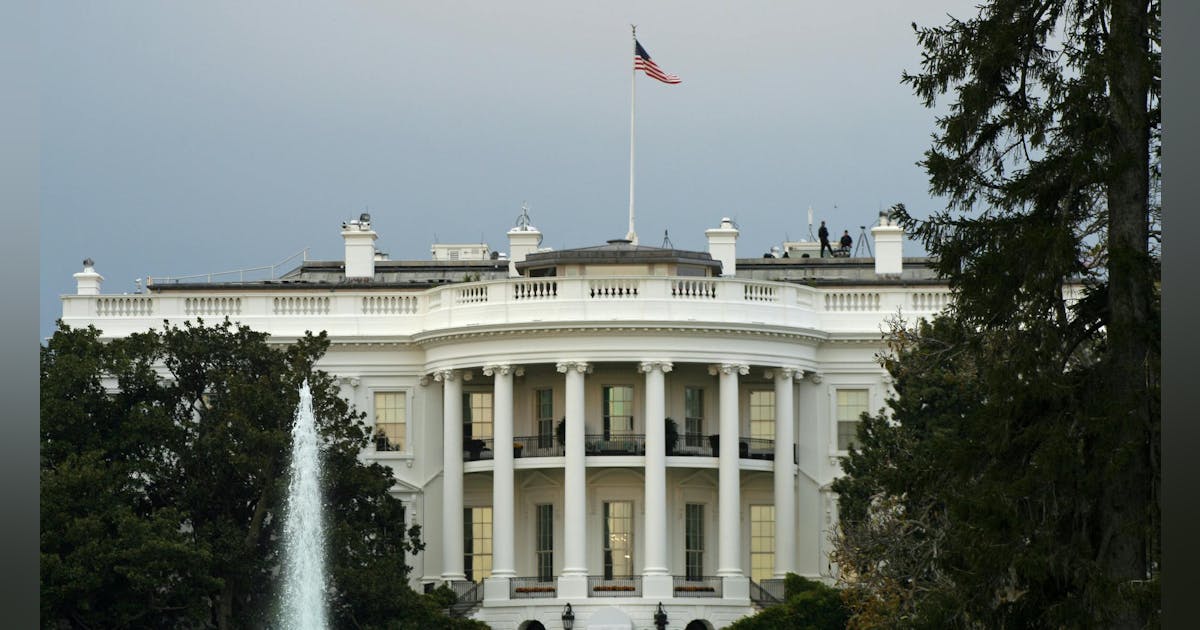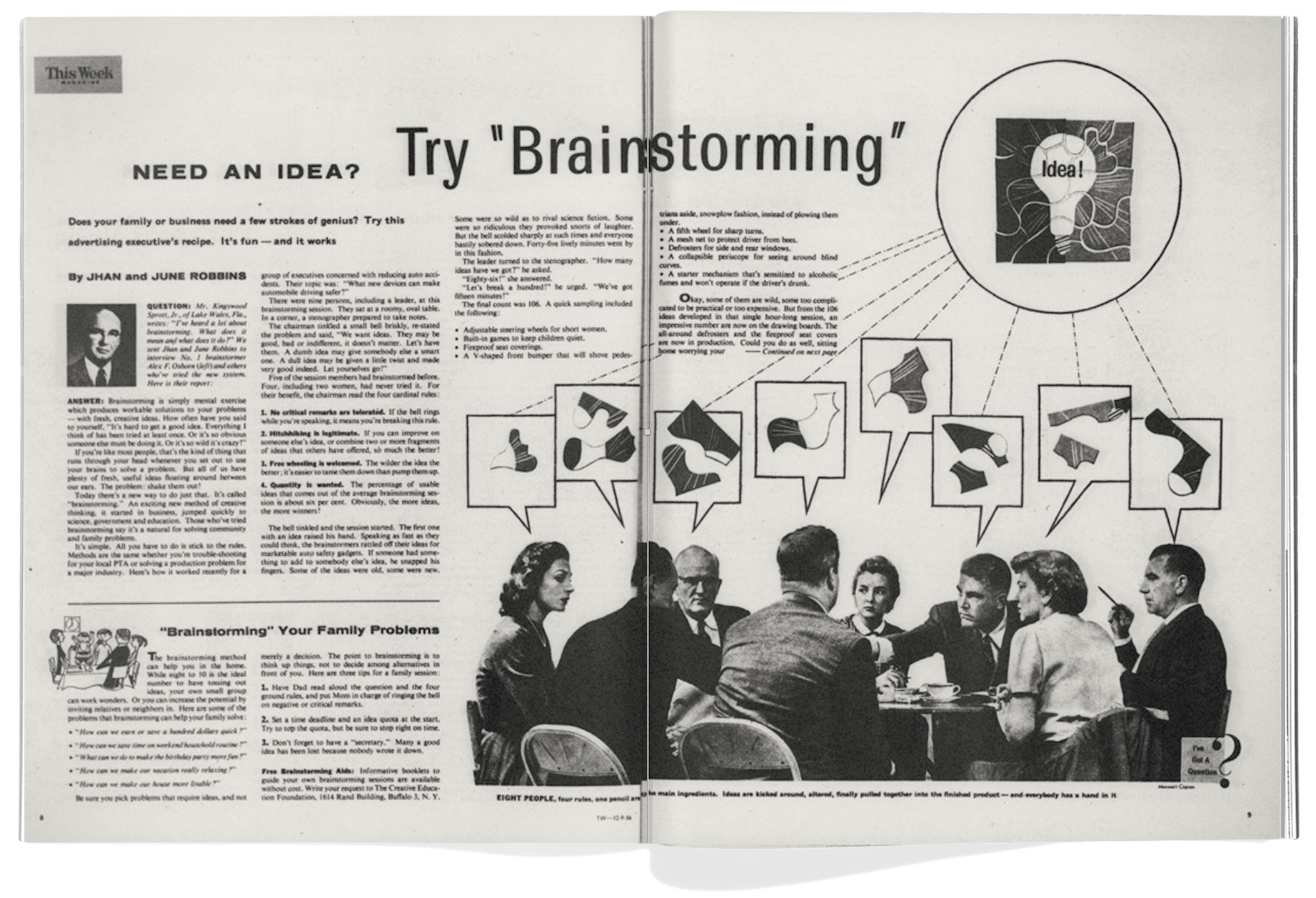
As OPEC+ makes yet another push for members to atone for busting their oil quotas, the latest data show their record of doing so is as bad as ever.
When Saudi Arabia and its partners announced last month they would start reviving output halted two years before, they stressed that the group’s “compensation mechanism” meant the increase wouldn’t disturb world markets.
That’s because several members that previously exceeded their limits had pledged extra cutbacks to make amends, meaning their overall output wouldn’t rise even as their quotas loosened.
But data published by the cartel on Wednesday show the scheme has, once again, had little success: the total backlog of overdue compensation cuts has increased by almost 9% to roughly 139 million barrels.
While Iraq and Russia made a small amount of progress, it was dwarfed by overproduction in habitual quota-violator Kazakhstan, where the backlog expanded by more than 40%. OPEC+ delegates have said that Astana’s persistent offending motivated last month’s surprise policy shift that raised production faster than expected, as Riyadh seeks to discipline the cheats with lower oil prices.
Crude futures have duly slumped, with the combination of OPEC+’s decision and President Donald Trump’s trade war briefly pushing Brent to a four-year low below $60 a barrel. But historical data show the limits of using low prices to punish countries like Kazakhstan or Iraq.
The market rout may indeed cause them financial pain, driving prices considerably below the levels the International Monetary Fund estimates are necessary to cover government spending. Those figures stand at $115 a barrel for Astana and $92 for Baghdad.
Yet other imperatives mean that price moves alone may not be enough to sway their behavior.
International oil companies operating in Kazakhstan have been boosting production capacity at long-term projects like the Tengiz field, which is operated by a joint venture led by Chevron Corp. The nation’s contracts with foreign firms allow limited scope to force cutbacks. Despite holding talks with its corporate partners, Kazakhstan has made little real effort to compel reductions, according to people familiar with the matter.
For Iraq, OPEC’s internal data show a poor track record of compensating for overproduction in previous rounds of cuts. Baghdad has long chafed against output limits, as it seeks to rebuild its economy and trading relationships after decades of sanctions and conflict.






















